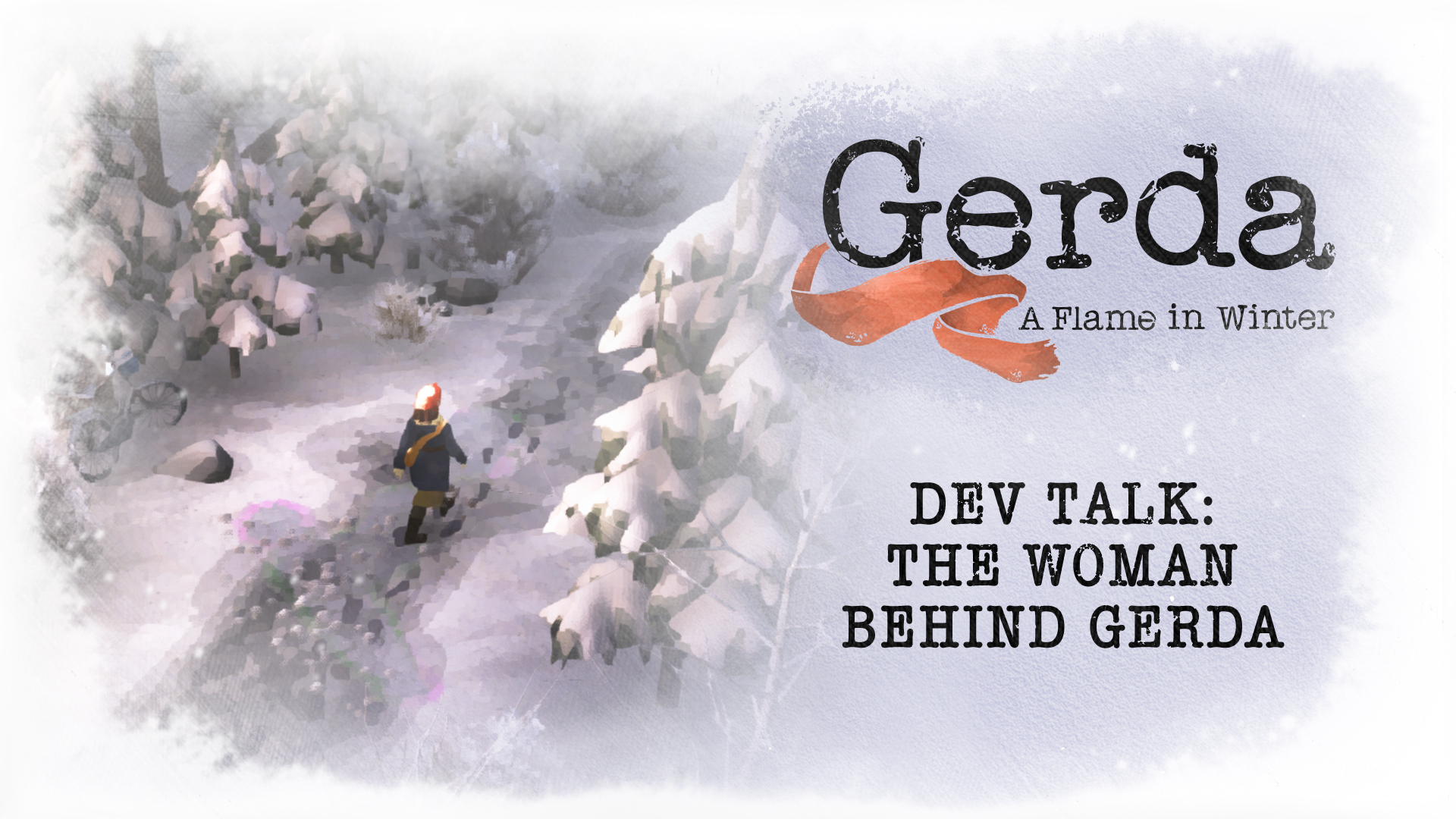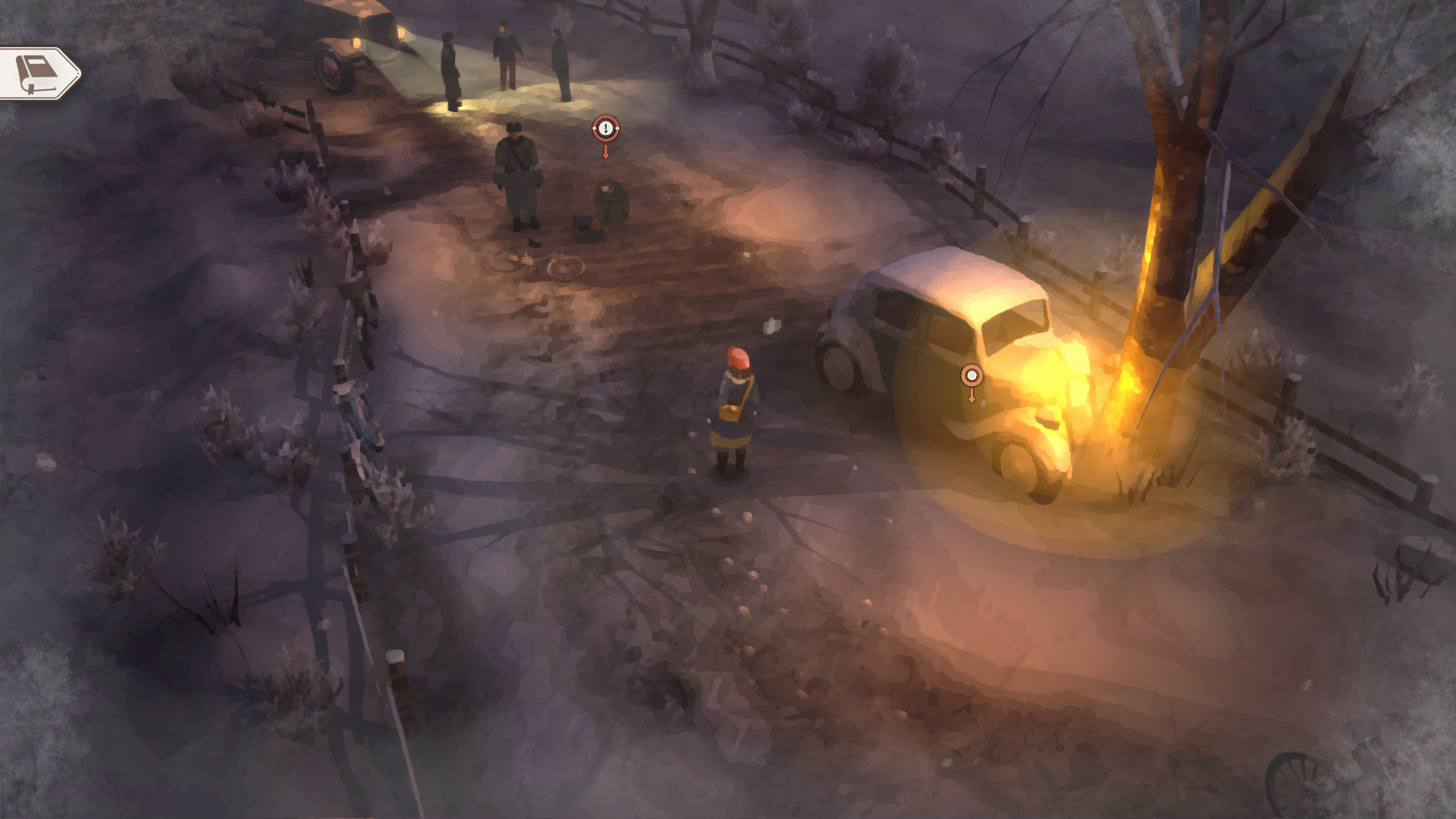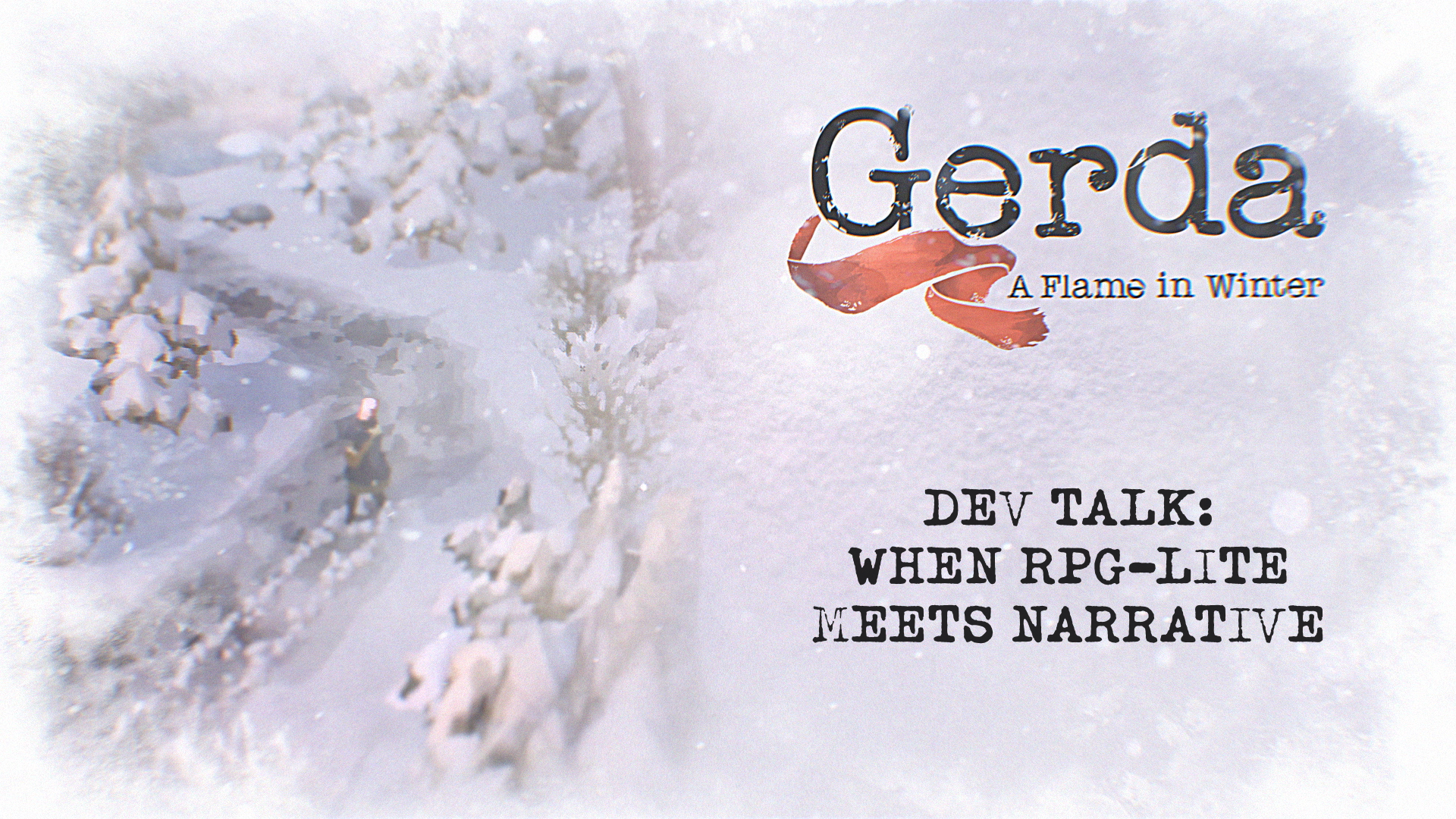Dev Talk #2 – The woman behind Gerda: A Flame in Winter

Did you know that Gerda: A Flame in Winter is inspired by real events and people? In today’s dev talk, Hans Von Knut Skovfoged, CEO and Creative Director at PortaPlay tells us all about the real woman and resistance fighter who heavily inspired the character of Gerda.
Gerda: A Flame in Winter is available on Nintendo Switch and Steam with a 10% launch discount until September 8!
Can you tell us about the inspiration behind the character of Gerda?
Hans: The game is about Gerda, a woman who faces extraordinary challenges but is a totally normal civilian during World War Two, where Denmark was occupied by the Germans. But the game is actually inspired by a real life person. The game is inspired by my grandmother, which was not called Gerda, but called Kylle.
And as World War Two started and Denmark was occupied, she participated in the resistance fighting along with my grandfather. They lived very near Tinglev and were doing resistance activities in the area.
They hid weapons and smuggled explosives. They hid resistance fighters in their homes. They spied on the Germans’ coastal fortifications on the West Coast. One of my grandmother’s best tricks was to have weapons or explosives hid in a baby carriage where she then had a little doll on top of it with a with a blanket. So whenever Germans were nearby, she was like, she was almost sleeping the baby. And then the Germans wouldn’t go close to her because of course they wouldn’t wake up a sleeping baby.
During the war, they actually lost a lot of their friends and relatives which were participating in resistance fighting. They lost close friends which have been living with them, they lost members of their group. But still they were not in it to kill Germans. They were in it to fight against injustice, and they were not themselves participating in a lot of bombing and killing, but they were supporting this cause. They were normal people supporting a fight against oppression.
And even as my grandfather got captured and sent to concentration camp and even as some of their friends got killed or shot by the Germans and died by their wounds, it was not about revenge and it was not about killing the occupational forces. It was about fighting against the war efforts and trying to help put down Hitler and the Nazi occupation in general of Europe.
And this story was a great inspiration because we hear the stories about the fighting and the killing and the evil and the good. But that was not what it was about. It was actually about standing up for what was right and taking sides. And when she later told me about these experiences, she said. I didn’t judge the individual German. I didn’t want to kill the snitch that got my husband sent to Neuengamme, where he almost died. I didn’t want to kill the German officer or the Gestapo officer who killed my friend in the forest. But I want to stop the occupation. And I want to stop the German war machine. And I want the war to end.




